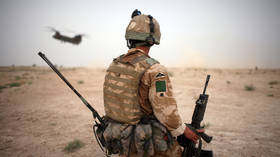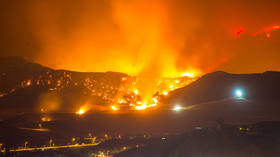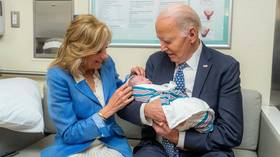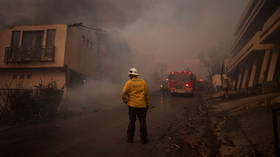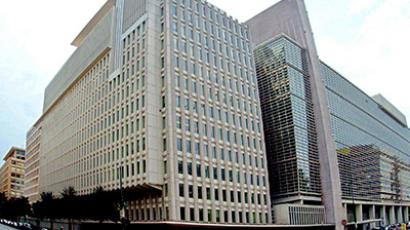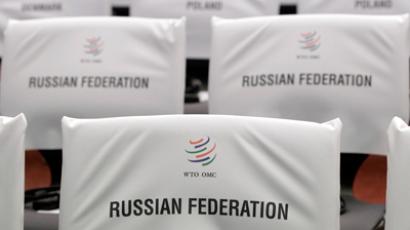Oil prices: The make or break of the Russian economy - World Bank
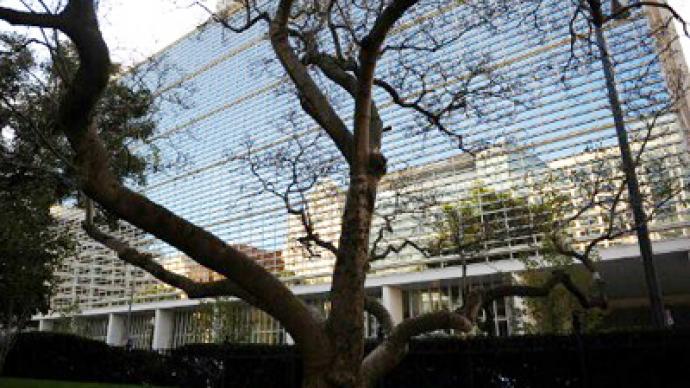
Russia has to thank high oil prices for the better state of its economy. A World Bank report says it has the edge over other emerging countries and the EU, but the rosy picture will become bleaker unless the country deals with a number of challenges.
The growth rose from 3.8% year-on-year in the first half to 4.8% in the second half of 2011 and in September was 0.3% better than predicted in the previous Russian Economic Report.Restocking and growing consumptions were the most important growth drivers in 2011 after the sharp decline in 2009. Private consumption was supported by growing employment, solid wage growth, lower inflation, and a strong rouble in the first half of the year. Although the Russian economy returned to pre-crisis level by the end of 2011, the recovery from the crisis was slower than that in 1998. By comparison, GDP took 7 quarters to recover to pre-crisis level after 1998 crisis, yet twice as long after the 2008 crisis. However consumption held up better in 2008 than in 1998 partly due to stronger fiscal policy. Imports recovered faster in 2008.The capital investment showed slowest recovery in 2011. Overall investment reached 22% of GDP in the third quarter of 2011, some 4.4% of GDP below the pre-crisis level in the second quarter of 2008. “It is going to be very important for the Russian government to make sure that investors want to put money in Russia,” said Kaspar Richter, World Bank's Lead Economist and Country Sector Coordinator for Russia. “Macroeconomic policy should emphasize stability; all buffers have to be rebuilt. So when the next crisis comes Russia is a good place to address this crisis”.The lower inflation rate is among the major achievements of Russian economy, according to the World Bank. CPI inflation fell for 10 months in a row from 9.7% in April 2011 to 3.8% in February 2012, the lowest level since the early 1990s.Russia’s labor market improved in 2011, as unemployment was 6.5 % in July, and remained around this level through to the end of the year, according to the report. Though real income growth was 1.1% in 2011, the lowest rate in many years, real wages increased 4.2%, although only 2% for the public sector.In 2011 the Russian budget turned in a surplus thanks to surging oil prices and moderate spending. But the World Bank expects the budget to turn to a deficit in 2012 as spending on extra-budgetary funds and social policy is projected to jump from 5.8% of GDP in 2011 to 7.5% of GDP in 2013.World Bank also warns against increasing reliance on resources exports as oil and gas revenues grew to 10.4% of GDP from 7.6% in 2009. “Even a moderate correction in the oil prices could reverse improvements on the revenue side achieved in 2011,” experts say.At the same time, higher oil prices would lead to price pressures and increase the risk of overheating in the economy. To deal with upcoming budget challenges the Russian Government should gradually broaden the non-oil revenue such as include increasing taxes on alcohol and tobacco and cut non-priority spending. Russia should also rebuild fiscal policy and provide structural reforms such as privatization while oil prices are still high. Joining the WTO will also significantly contribute to the Russian economy, according to the World Bank. In the medium term Russia is expected gain about 3.3% per year or about $49 billion per year based on 2010 GDP at market exchange rates.The World Bank estimates Russia’s economy will slowdown from 4.3% growth in 2011 to 3.5% in 2012 amid recession in Europe and elsewhere, before picking up again in 2013. But the growth in 2013 is likely to be 3.9% weighted by a correction in oil prices ant tightening of the labor market.“The fact the euro-zone is in recession means the external environment is more difficult for Russia,” says Mr Richter. “And that’s one factor why we think the growth would ease somewhat comparing it to last year in Russia”.



